Long shifts. Isolated roles. Physically demanding work.
It’s no secret that life in industrial can be tough. And mental health is one of the biggest safety risks facing professionals in the sector – especially women.
But in many workplaces, there’s still stigma around speaking up. That’s why the recent R U OK? in Trucks & Sheds National Day of Action event struck a chord.
We spoke to Naomi Frauenfelder, Chief Executive of Healthy Heads in Trucks and Sheds, on why normalising mental health conversations can change the game.
Sobering stats of mental health
Mental health is often overlooked across the industrial sector. But it’s definitely a growing concern.
According to Safe Work Australia, mental health conditions now account for 9% of serious workers’ compensation claims – almost double what they were a decade ago.
And 48% of workers across transport, postal and warehousing who experienced a mental health condition said their workplace caused it or made it worse.
These are sobering statistics. And while both men and women are affected, women can be even more so.
‘Women can face additional pressures that may contribute to greater mental health challenges,’ says Naomi Frauenfelder, Chief Executive of Healthy Heads in Trucks and Sheds.
‘Some women deal with outdated perceptions that industrial is a “man’s job”. Key infrastructure often reflects this, as one of the main issues we hear about again and again is the absence of women’s bathrooms and showers at heavy vehicle rest areas. This means women need to use men’s facilities, which some may not feel safe to do.’
Healthy Heads in Trucks and Sheds is a not-for-profit helping businesses and individuals across the sector create safer, more mentally supportive workplaces.
And this year, they once again teamed up with R U OK? to lead the R U OK? in Trucks & Sheds National Day of Action event.
‘This campaign provides people in industry with the tools and confidence to spot the signs a workmate might be struggling – and to ask their workmates how they really are,’ Naomi says.
‘It’s not about fixing their problems; it’s about showing that you care.’
You don’t need to be an expert to care
This year’s campaign theme was R U OK? – No qualifications needed. And it cuts straight to the heart of what stops so many from checking in: the fear of getting it wrong.
But the truth is, you don’t need to be a psychologist to ask someone how they’re doing. And you don’t need to have all the answers or say the perfect thing.
You just need to be brave enough to start a conversation.
Naomi explains: ‘By having regular, meaningful conversations about life’s ups and downs, you can help the people in your world feel supported – and encourage them to get professional help before things escalate.’
In busy environments, these conversations might happen on the back of a truck, during a break or even while locking up a warehouse.
They might be quick. They might feel awkward. But they matter.
And it’s often in such small, human moments that someone who is struggling might finally feel safe enough to speak up.
‘A conversation could change a life,’ Naomi stresses. ‘And we all have what it takes to ask, “are you okay?”’
How leaders – and colleagues – can step up
When it comes to mental health, culture is built from the ground up.
And everyone has a role to play – from CEOs to contractors.
But how do you start the conversation? How do you approach it without making things uncomfortable? And what’s the best way to check in with someone at work?
For leaders, you can start by:
- Creating an open and supportive environment where conversations about mental health are normalised
- Providing access to helpful tools like the Healthy Heads App, which offers digital mental health support
- Ensuring teams are equipped with mental health training so everyone knows how to look after themselves and support others
For workers, small actions can make a big difference:
- Learn the signs of mental health distress, and have the confidence to ask R U OK?
- Use the ALEC acronym to guide conversations:
- Ask how they’re going
- Listen without judgment
- Encourage action to seek support
- Check in later to show you care
Support doesn’t need to be perfect – it just needs to be there.
Keeping the conversation going
Every industrial workplace has the potential to become a space where mental health is valued and conversations are normalised.
That’s why R U OK? in Trucks & Sheds is a powerful event. Because it serves up the reminder that looking out for each other shouldn’t just happen once a year.
‘It sets an example for others to follow, as well as helping to create a culture where employees feel safe and empowered,’ Naomi says.
This year, we were proud to see a couple of our WIN partner organisations participating in the R U OK? in Trucks & Sheds initiative:
- ESR Australia & NZ hosted breakfast events and started meaningful conversations over coffee nationally.
- GPT delivered hundreds of cupcakes and shared resources with their customers.
- Charter Hall hosted a BBQ lunch for the CEVA team in Queensland, with guest speakers from R U OK and Healthy Heads.
The tools are here. Support is growing. And this movement is reaching more sites, teams and individuals than ever before.
Together, we’re building safer, stronger, more human workplaces.
Access free resources, posters, conversation guides and more via the R U OK? in Trucks and Sheds Toolkit.
Want more inspiring stories about industrial? Follow WIN on LinkedIn for insights and updates.















